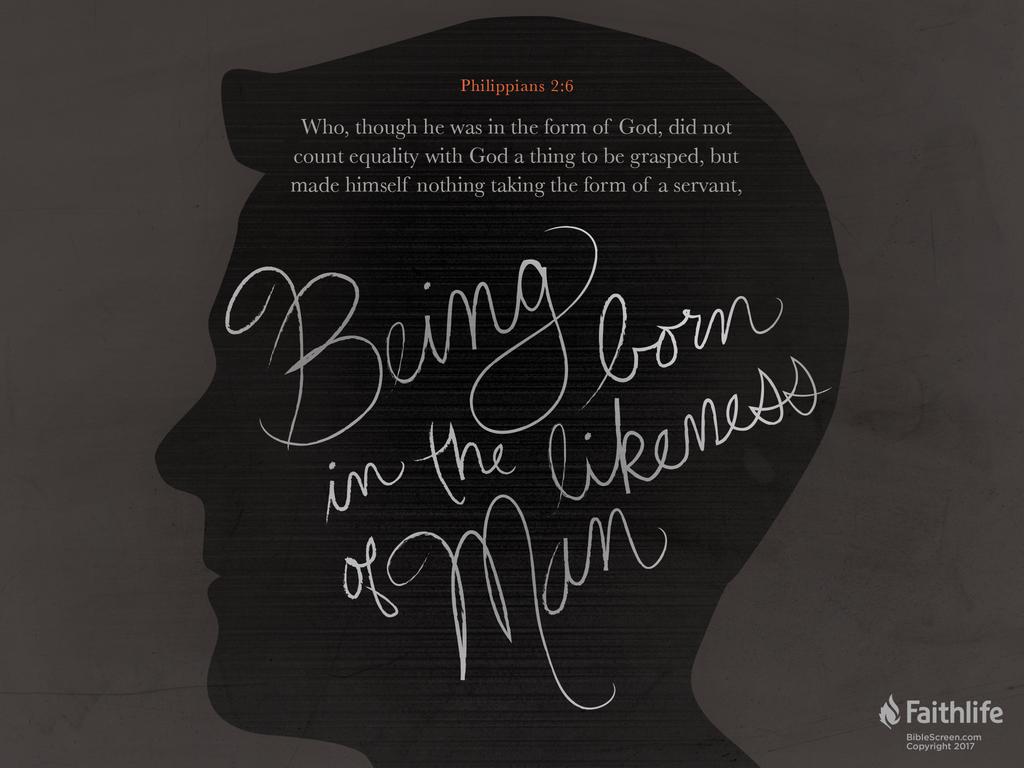- Apr 2, 2003
- 22,509
- 5,955
But look at the context: "Who being in very nature God". We know right there that Jesus is God, which makes him equal with the Father. Jesus cannot be God yet not equal with the Father; that would make him a lesser God, which means two Gods."did not consider equality with God". ........... this is where
Php 2:5 Have this mind among yourselves, which is yours in Christ Jesus,
Php 2:6 who, though he was in the form of God, did not count equality with God a thing to be grasped,
Php 2:7 but emptied himself, by taking the form of a servant, being born in the likeness of men.
Php 2:8 And being found in human form, he humbled himself by becoming obedient to the point of death, even death on a cross. (ESV)
Some important points to make about this passage:
1. Jesus was in "the form of God." This is supported by John 1:1.
2. He "did not count equality with God a thing to be grasped"; that is, being in the form of God, being equal with the Father, did not consider that equality something to be "forcefully retained [or held onto]." The meaning is that anything to do with the appearance of his glory as God had to be let go of in order for the completion of his humiliation, which was necessary for man's salvation.
3. He, being Jesus, emptied himself--not only was it he who did the emptying, he emptied himself of something. Jesus willingly chose to take the form of a human for the salvation of mankind.
4. In emptying himself, he took on the "form of a servant," "being born in the likeness of men"--this contrasts with his being in the "form of God." This is what John 1:14 is speaking of.
5. Being found in "human form"--again, as opposed to his having been in "the form of God"--he "humbled himself by becoming obedient."
The whole point of this passage is to be humble (verses 1-4), just as Jesus was humble. And there is no greater humility than God becoming man; the Creator entering his creation as a creature.







